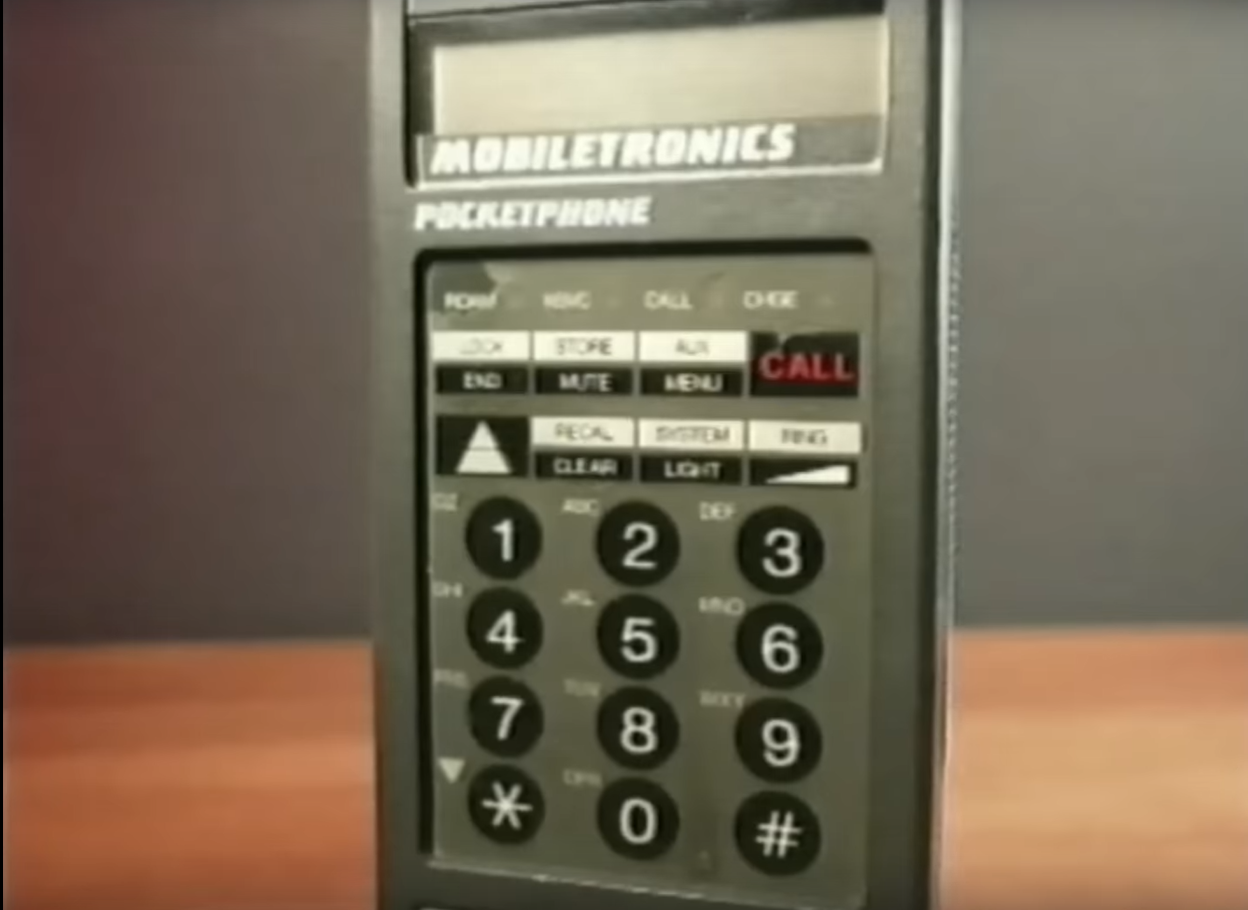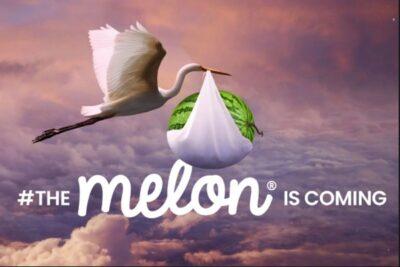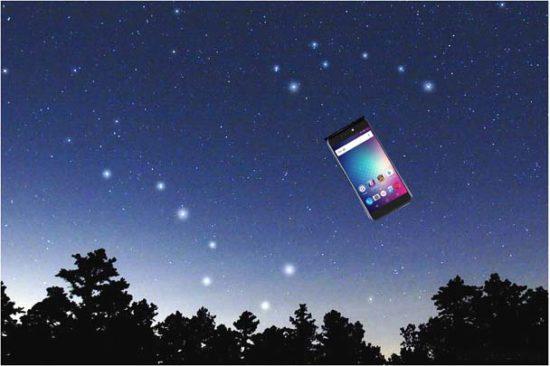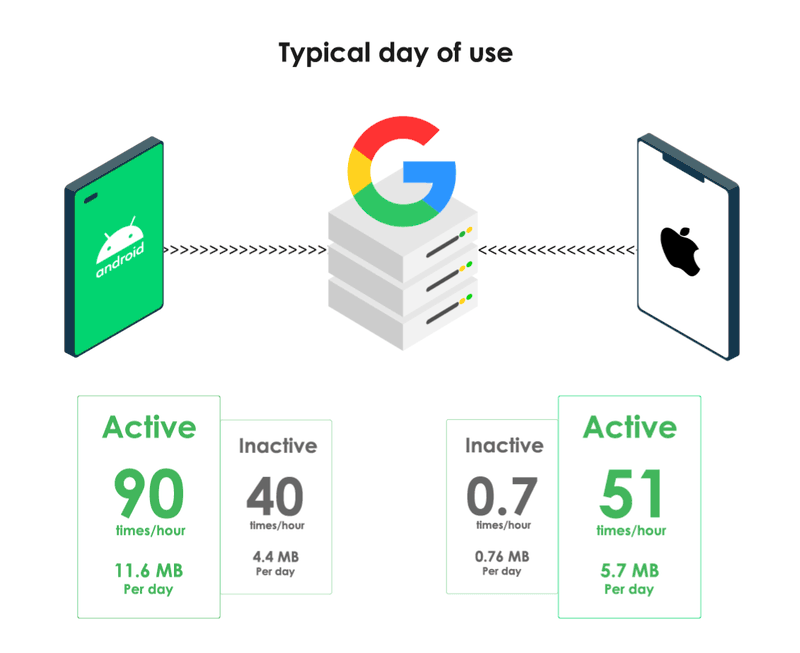"3GPP Release-18 Physical Layer Enhancements for IoT-NTN".
"The advent of mega satellite constellations has paved the way for bringing cellular connectivity to mobile broadband as well as Internet of Things (IoT) devices in unconnected or remote regions via satellites, thus complementing the terrestrial cellular coverage. With this motivation, the 3rd Generation Partnership Project (3GPP) introduced Non-Terrestrial Networks (NTN) support for IoT technologies including Long-Term Evolution (LTE) for Machine-Type Communications (LTE-MTC) and Narrowband Internet of Things (NB-IoT) in Release-17, which are collectively known as IoT-NTN. Release-17 IoT-NTN focused on only the essential changes to the existing IoT specification to enable IoT operation in satellite scenarios."
So in case you didn't follow the techspeak, what this is about is being able to have electronic devices in the most remote parts of the world, and as long as they have electric power, they can get on the internet and transmit data and receive data by communicating through satellites. They need particular electronic circuits that speak what have become known as "internet of things" (IoT) protocols -- protocols originally designed to carry internet protocol (TCP/IP) over low power and low bandwidth radio links.
Here we find an organization that develops standards for terrestrial cellular phone networks (3GPP) getting in on the act and developing standards for this internet of things using satellites, which they call IoT-NTN ("NTN" for "non-terrestrial networks").
When you run IoT communication over cellular networks (before getting to satellites -- regular cellular networks), that goes by the name "LTE-MTC", which as you see above, stands for "Long-Term Evolution Machine Type Communication". Don't ask me how cellular network standards came to be called "Long-Term Evolution", but that's what they're called. Tack on "Machine Type Communication" and now you're talking about machine-to-machine instead of human-to-human communication. How does this have to be modified to get it to work through satellites? That's what 3GPP's Release-17 answers. But this is Release-18.
Finishing out the abstract:
"IoT-NTN was further evolved in Release-18 and several performance enhancements were introduced. In this article, an overview of the Release-18 physical layer enhancements for IoT-NTN is provided. Specifically, a new feature related to disabling Hybrid Automatic Repeat reQuest (HARQ) feedback is described which helps mitigate the impact of HARQ stalling on throughput. Enhancements related to improving Global Navigation Satellite System (GNSS) operation are also discussed that enable the user equipment (UE) to maintain its uplink (UL) synchronization if its GNSS position becomes invalid during an ongoing connection. In addition, the performance evaluation of IoT-NTN technologies is presented in the context of International Mobile Telecommunications-2020 (IMT-2020) satellite performance requirements related to connection density."
So Release-17 came out in 2021, and Release-18 just came out, and Release-18 ties down some loose ends from Release-17. If you're wondering if "Global Navigation Satellite System" (GNSS) refers to the GPS system, the answer is... yes, but GNSS is actually a generic term for all GPS-type systems -- the US system is called GPS, Russia has a system called GLONASS (from "Globalnaya Navigatsionnaya Sputnikovaya Sistema"), China has a system called BeiDou, and the European Union has a system called Galileo. Japan has a system called the Quasi-Zenith Satellite System (QZSS), but rather than function as its own independent system, it's just a 4-satellite system that supplements the US GPS system around Japan.
Another loose end is HARQ, which stands for Hybrid Automatic Repeat reQuest. HARQ is a combination of an error-correction protocol and a system for requesting messages get repeated. With error-correction codes, additional bits are added to messages to enable errors to be detected and corrected -- within limits. If there are too many errors, however, the error-correction system gives up and the system requests the whole message be repeated. The "hybrid" part of "HARQ" is about how the HARQ system is a hybrid system that handles both -- error correction and message repeating.
The paper is paywalled, so I had to go searching on the internet to find out more. See below.
3GPP Release-18 Physical Layer Enhancements for IoT-NTN
#solidstatelife #communication #cellular #satellite #gps #iot #iotntn

/cdn.vox-cdn.com/uploads/chorus_asset/file/23962442/acastro_STK067__03.jpg)








